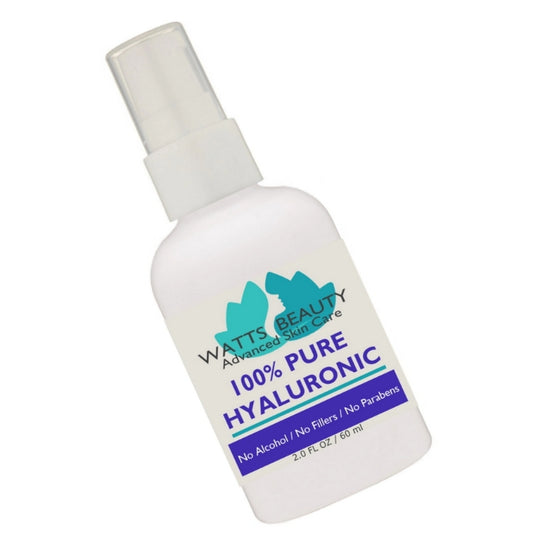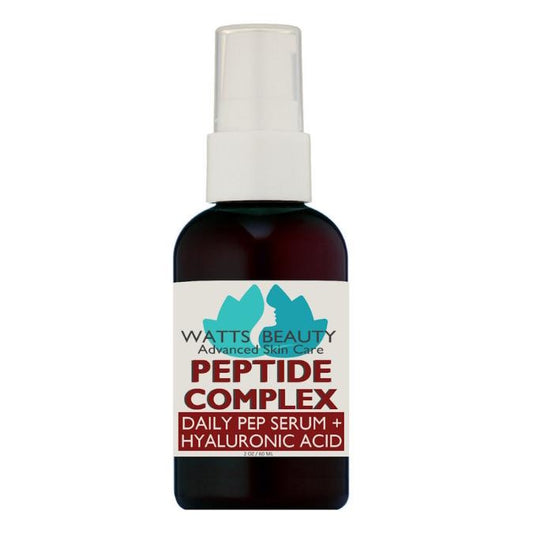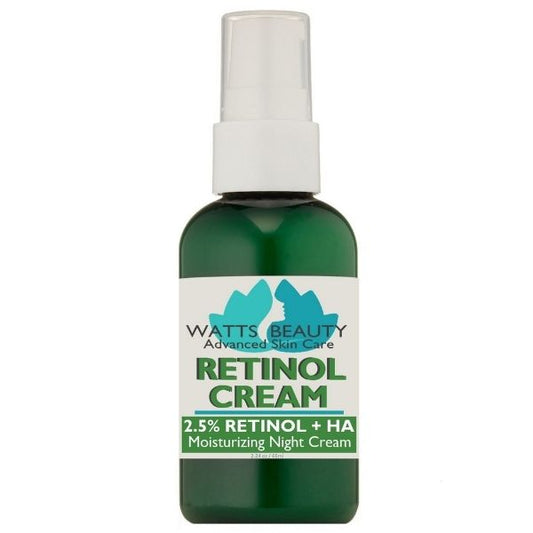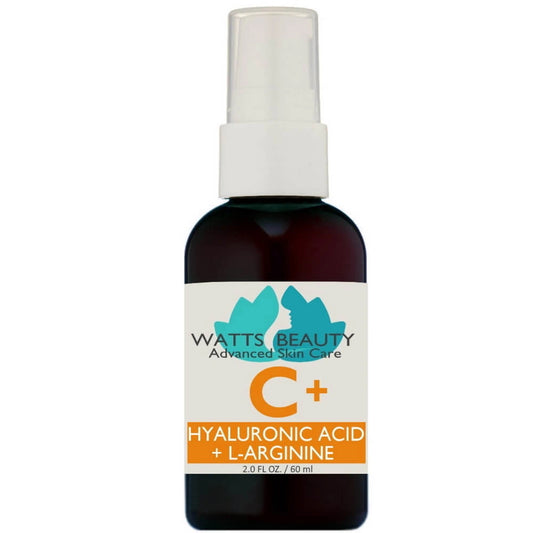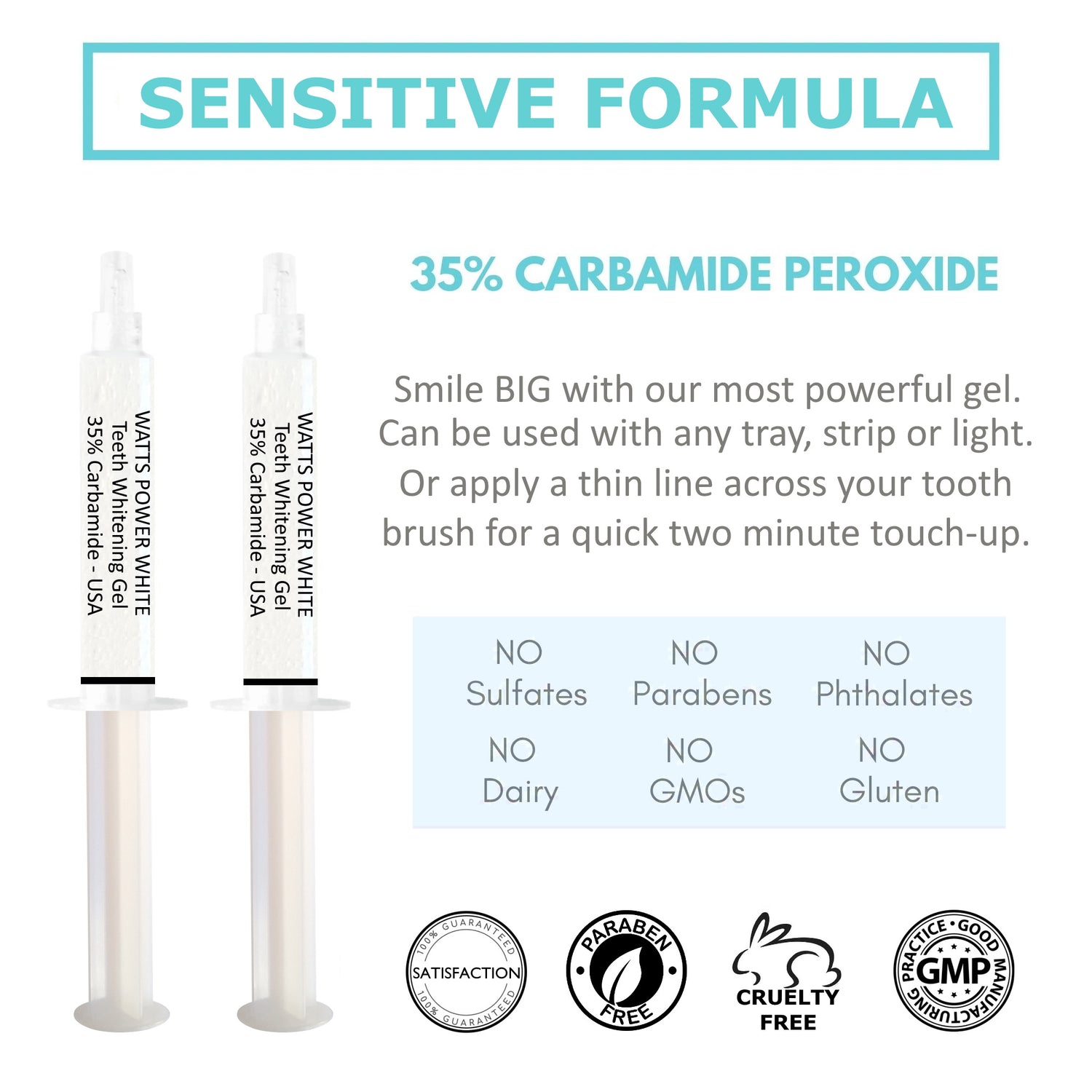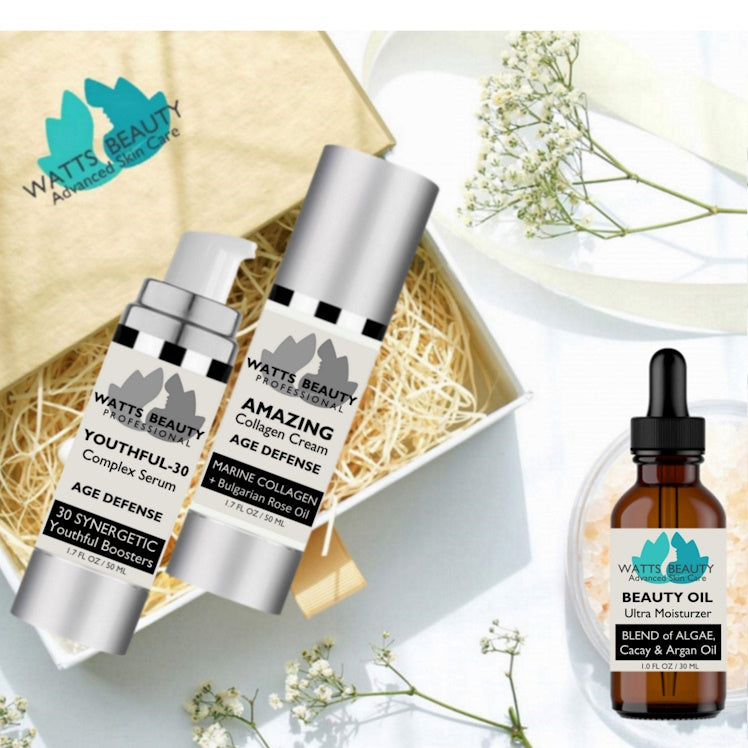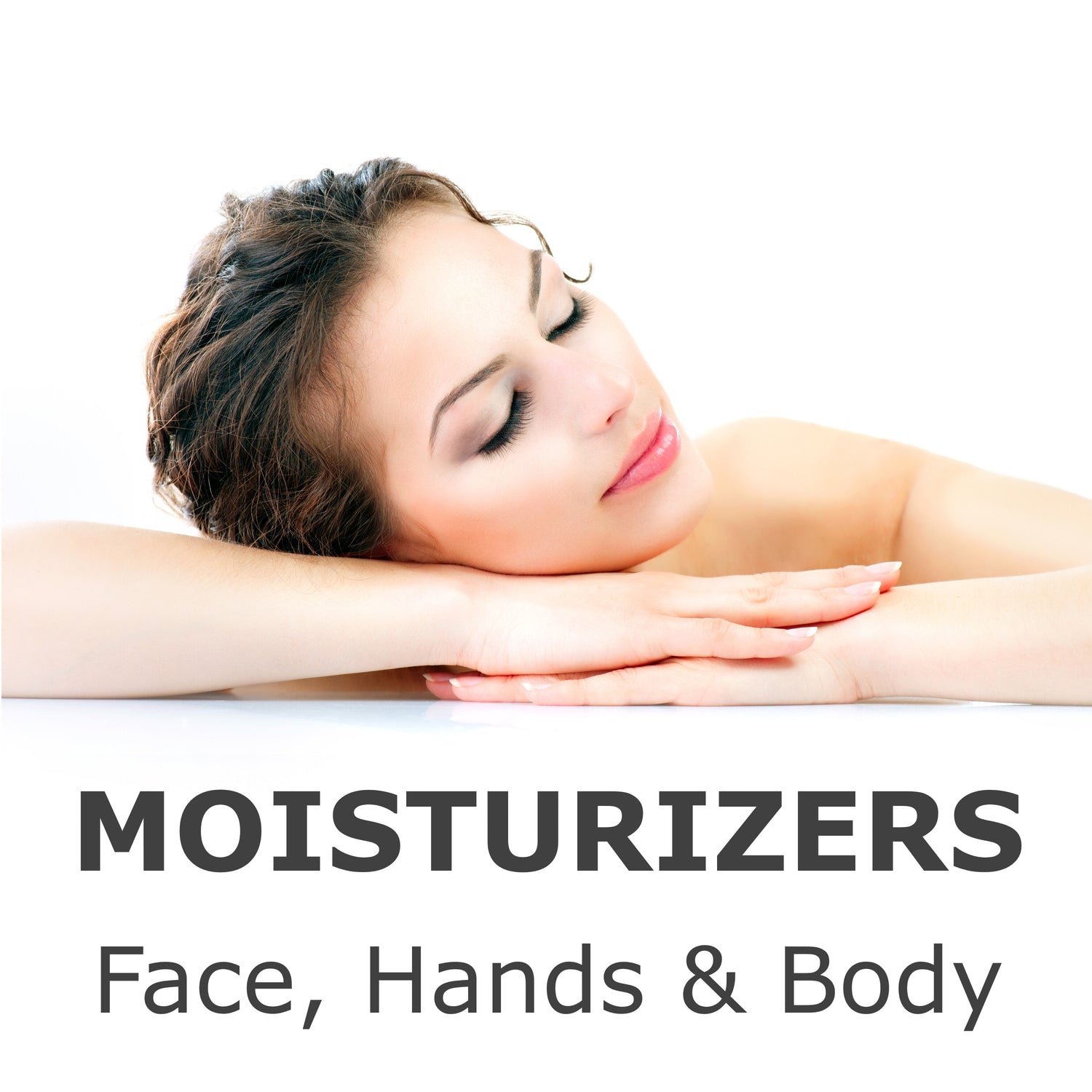Skincare Ingredients You Should Never Mix
The quest for flawless skin often leads us to experiment with various products and ingredients. With countless serums, moisturizers, and treatments available, it's tempting to mix and match to achieve the best results. However, combining certain skincare ingredients can do more harm than good. Some combinations can lead to irritation, reduced effectiveness, or even long-term skin damage.
Understanding ingredient interactions is key to creating a safe and effective skincare routine. This guide will help you identify which skincare ingredients should never be mixed, so you can avoid potential mishaps and achieve healthy, radiant skin.
Why Ingredient Mixing Matters
Before diving into the specific combinations to avoid, it's important to understand why mixing certain ingredients can be problematic. The skin is a delicate organ that reacts to external factors, including the products you apply. When skincare ingredients are used together, they can either complement each other, enhancing their effects, or they can cancel each other out or cause negative reactions.
Some ingredients are highly active and can be too harsh on the skin if layered incorrectly, while others can render each other ineffective when combined. Learning to navigate these interactions ensures that your skincare routine delivers the best results without compromising your skin's health.
1. Retinol + Vitamin C
Retinol, a form of vitamin A, is a powerhouse ingredient known for its ability to reduce fine lines, wrinkles, and improve skin texture. Vitamin C, on the other hand, is an antioxidant that brightens the skin and helps in the fight against free radicals. While both are highly beneficial, combining them in your routine can cause issues.
Why You Shouldn't Mix Them
Retinol and Vitamin C are both potent ingredients, but they work best in different pH condition. Vitamin C, especially in its purest form (ascorbic acid), works best in an acidic environment, while retinol functions optimally at a more neutral pH. When used together, they can neutralize each other, reducing their effectiveness.
Moreover, both ingredients can be irritating to the skin, especially for those with sensitive skin. Using them simultaneously may cause excessive dryness, peeling, or redness.
How to Use Them
To incorporate both into your routine without causing irritation, apply Vitamin C in the morning after cleansing, followed by sunscreen. Use retinol at night, as it can increase sun sensitivity. If irritation occurs, consider alternating days.
2. AHA/BHA + Retinol
Alpha Hydroxy Acids (AHAs) and Beta Hydroxy Acids (BHAs) are chemical exfoliants that help remove dead skin cells, revealing smoother skin. Retinol, as mentioned, accelerates cell turnover and promotes skin renewal. Combining these two can be tempting for smoother skin, but it's not recommended.
Why You Shouldn't Mix Them
Both AHAs/BHAs and retinol are exfoliants that accelerate the process of cell turnover. When used together, they can excessively strip the skin, leading to dryness, irritation, and even breakouts. The combination can also compromise your skin's natural barrier, making it more vulnerable to environmental stressors.
How to Use Them
You can still use both ingredients, but it's best to alternate their use. Apply your AHA/BHA exfoliant in the morning and reserve your retinol for nighttime. This way, you can enjoy the benefits of both without overwhelming your skin.
3. Niacinamide + Vitamin C
Niacinamide (Vitamin B3) is a powerhouse ingredient that helps with pigmentation, redness, and fine lines. Vitamin C, known for its brightening properties, is a favorite in many skincare routines. While they each bring their own benefits, it's crucial to understand how they interact when mixed.
Why You Shouldn't Mix Them
There was a time when it was widely believed that niacinamide and Vitamin C should never be used together. This myth stemmed from the notion that these two ingredients would neutralize each other and cause irritation. While recent research shows that they can be used together in certain formulations without issue, combining them in their pure forms can still cause some problems, particularly for sensitive skin.
How to Use Them
If you're concerned about irritation, it's safer to use niacinamide in the morning and Vitamin C in the evening, or vice versa. Both ingredients are effective on their own, so incorporating them at different times allows you to harness their benefits without the risk of irritation.
4. Benzoyl Peroxide + Retinol
Benzoyl peroxide is a common treatment for acne due to its ability to kill acne-causing bacteria, while retinol helps with skin texture and reduces acne scars. Both are essential in fighting acne, but when combined, they can create significant irritation.
Why You Shouldn't Mix Them
Benzoyl peroxide is known for its drying effect on the skin, while retinol can also be drying and irritating on its own. When used together, these ingredients can overwhelm the skin, leading to redness, flakiness, and peeling. The combination can also reduce the effectiveness of both products.
How to Use Them
For best results, use benzoyl peroxide in the morning and retinol in the evening. If you are treating acne, consider using one product in the morning and the other at night to minimize irritation.
5. Salicylic Acid + Vitamin C
Salicylic acid is a BHA that penetrates deep into the pores to exfoliate and clear acne. Vitamin C brightens the skin and provides antioxidant protection. While both ingredients are excellent for your skin, using them together can cause more harm than good.
Why You Shouldn't Mix Them
Salicylic acid is a potent exfoliant, and Vitamin C is highly acidic. When combined, they can irritate the skin, especially for those with sensitive skin. The strong acid content in both ingredients can lead to excessive dryness, redness, and discomfort.
How to Use Them
To avoid irritation, use salicylic acid in the morning as part of your cleansing routine and Vitamin C in the evening. This separation helps prevent adverse reactions while allowing you to benefit from both ingredients.
6. Oil-Based Products + Water-Based Products
Many skincare routines contain a mix of oil-based and water-based products, but the order in which they're applied matters.
Why You Shouldn't Mix Them
Oil and water don't mix well, and applying them in the wrong order can lead to ineffective absorption. Oil-based products may create a barrier that prevents water-based products from penetrating the skin, making them less effective.
How to Use Them
When layering oil-based and water-based products, always apply the water-based products first. This ensures that they are absorbed properly before applying oil-based products to lock in moisture and benefits.
Tips for a Safe and Effective Skincare Routine
- Patch Test: Before introducing any new ingredients or products into your routine, always do a patch test to check for allergic reactions or irritation.
- Layer Wisely: The general rule is to apply lighter, water-based products before heavier, oil-based products. Also, apply products from thinnest to thickest consistency.
- Consult a Professional: If you're unsure about ingredient interactions or what's best for your skin type, consult a dermatologist for personalized advice.
- Avoid Over-Exfoliating: While exfoliation is essential for glowing skin, don't overdo it. Limit the use of exfoliating acids and retinol to avoid irritating your skin.
Glowing Complexion
Mixing the wrong skincare ingredients can have a significant impact on your skin's health. By understanding which ingredients should be avoided together, you can avoid irritation and maximize the effectiveness of your skincare routine. Always listen to your skin, and remember that less can be more when it comes to achieving a healthy, glowing complexion.
Disclaimer: The above helpful resources content contains personal opinions and experiences. The information provided is for general knowledge and does not constitute professional advice.
You may also be interested in: 13 Matcha Green Tea Powder Benefits and the Best Way to Use ...
Frustrated with skincare products that overpromise and underdeliver? Your medicine cabinet tells the story of broken promises. Watts Beauty was created by medical professionals who understand this frustration. Our clinically tested formulas deliver visible results at affordable prices - professional-grade ingredients starting at just $13. Each purchase also helps domestic violence survivors rebuild their lives. Join thousands of satisfied customers who've discovered skincare that keeps its promises. Shop now and reveal your radiant skin today!
Powered by flareAI.

